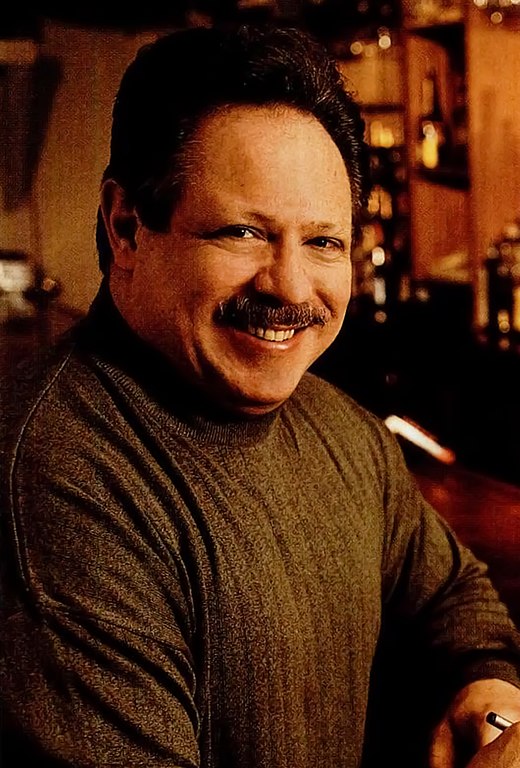
Yes, John, I’ve seen several intelligent people who graduated from university without any clear idea of a career or occupation they wished to pursue. Often, young people take a variety of university or college courses that interest them and then, Just before they matriculate, or shortly after, they discover that nothing has ignited their interest enough to make it a career. I have also seen them decades later, when they have drifted from one source of income to another, settling for a modest lifestyle. Sometimes they are content with their choices, and in other cases they feel regret. These are merely value judgments and there are a variety of different opinions on what is an ideal lifestyle.
One of the classic examples of a highly intelligent person who didn’t pursue a specific career, is embodied in the story of Chris Langan. The following is an excerpt from my book titled, Intelligence, IQ & Perception:
In an article titled, The Smartest Man in America, and published in 1999 by Esquire Magazine, author Mike Sager discussed his interviews with four individuals of extremely high IQ. The man to whom he assigned the moniker “the smartest man in America” was Chris Langan, 8 years before he won $250,000 on the 1 vs. 100 quiz show. At the time of the interview, Chris was 47 years of age, earning about $6000 a year and living in a cramped and cluttered one-room cabin in Eastport, Long Island. Langan who had begun talking at age 6 months, was extremely precocious and started school in grade 3 at the age of 3.
Though richly endowed with cognitive gifts, Chris was not gifted with a nurturing home environment. His mother had four sons by four different husbands. The first husband, Chris’s father, disappeared before Chris was born. The second husband was murdered, the third committed suicide, and the fourth, Jack Langan was an alcoholic who beat his sons on a regular basis. To defend himself and his two brothers, Chris took up weight lifting and by age 14, defended himself in a physical altercation that sent his abusive stepfather packing for good. The family lived below the poverty line, moving across the country to support their hand-to-mouth existence. Troubled experiences during his formative years, combined with the social detachment that often accompanies cognitive giftedness, made it difficult for Chris to navigate the challenges of human interaction. This social ineptness would later alter significantly the trajectory of his life.
On graduating from high school, Chris was offered full scholarships to the University of Chicago and to Reed College in Oregon. He chose Reed, but upon discovering that he did not fit in with his urbane, pot-smoking dormmates, he spent most of his time in the library. At the end of the first semester, he scored straight A’s, but early in the second semester he discovered that he had lost his scholarship–his mother had not filled out the parental financial statement of need necessary for its renewal. It is not clear whether Reed College dropped the ball in retaining this brilliant student, or whether Langan’s lack of social awareness prevented him from appealing his deregistration. In any case, his attendance at Reed College was terminated and a string of F’s were registered on his final transcript. After working for a little over a year in construction and as a forest services fire-fighter around Bozeman, Montana, he entered the University of Montana, specializing in mathematics and philosophy. However, the logistics of getting to class at 7:30 a.m. during the cold Montana winter without a car, combined with his inability to negotiate appropriate changes in his timetable led him to drop out of school permanently. The rest of his life would be spent working on his theory of the universe (CTMU) and surviving on income from his work as a bouncer, physical trainer, and eventually as a horse breeder. Today, Chris Langan lives on his horse ranch in northern Missouri with his wife Gina, a clinical neuropsychologist.
Several other examples are provided in Malcolm Gladwell’s book, Outliers.

The gap where hyper reality and reality kiss absolutely. Good will hunting the Christopher Rubin bear who proves reality but actual proves nothing. The paradox of 8. Chris is the smartest fool I know. A hero.
Thank you for your comments, Gump.